I’ve spent the last few days in the hinterlands of Montana with several of my fellow EMUs at an agency retreat. I look forward to this all year long. It affords me the chance to connect in real life, to discuss successes, frustrations, doubts. To take off the professional mask and profess my insecurities without fear of condemnation. We are sympatico.
Every writer is somewhere on Christine’s long and winding road. A damn torturous thing at times. The wonderful thing though, the thing I sometimes forget, the thing this retreat always reminds me, is that no matter how far we think we are from our horizon, how deep we believe the pothole to be in which we wallow, there’s always somebody ahead of us, somebody who’s been there, somebody to show us the way.
I’m in the midst of some edits that are kicking my ass…. Surely there must be something from this experience that I can share, something to help others avoid the pothole from which I’m currently extricating myself.
I was perusing old posts on my personal (now defunct) blog in search of a spark and found something painfully perfect:
I’ve realized that I’m a good teller. I can summarize a scene incorporating tension/drama pretty well… this is very bad, because good telling rarely beats good showing (yes, I said rarely b/c there are times I wholeheartedly believe good telling is needed to segue between more important showing).
Good showing tends to be a bit harder for me not b/c I’m not a good show-er, but b/c I tend to be ADD in most things I do, including writing, and I’m always driving hard to get to the scene/chapter/section end in the fewest words possible (my agent might laugh at this since when she asked for a revision, hoping I could get down from 76k to 70k, I ended up sending her the MS at 87k… in the end, we ended up making it a bit longer before going on sub). But the final result is that sometimes I end up wasting time spending extra time rewriting b/c I realize that amping drama through proper, sometimes extended, showing is more critical than creating a fine economy of words.
This post was written a couple of weeks before TALKER 25 sold. I’m on my third round of edits. First round was ironing out world-building/plot issues. Second round was cutting away some needlessness. Third round? Yep, you guessed it. Converting those more tellish scenes to show scenes. They pretty much occur in the second half of the book. Why? Primarily because I was worried about word count.
Show the story first. Worry about everything else afterward. Most of you probably know this, but if you’re like me and sometimes become a little too obsessed with metrics, this a friendly reminder. Save yourself some time. Hide the word count.
_________________________________________________________________________
 Joshua McCune is the author of the Talker 25 trilogy (Greenwillow). Dragons, war, romance (though not with dragons – I don’t do bestiality). First one drops in early 2014.
Joshua McCune is the author of the Talker 25 trilogy (Greenwillow). Dragons, war, romance (though not with dragons – I don’t do bestiality). First one drops in early 2014.


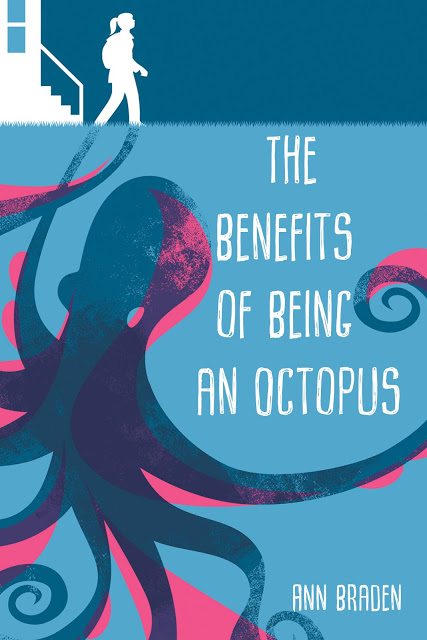

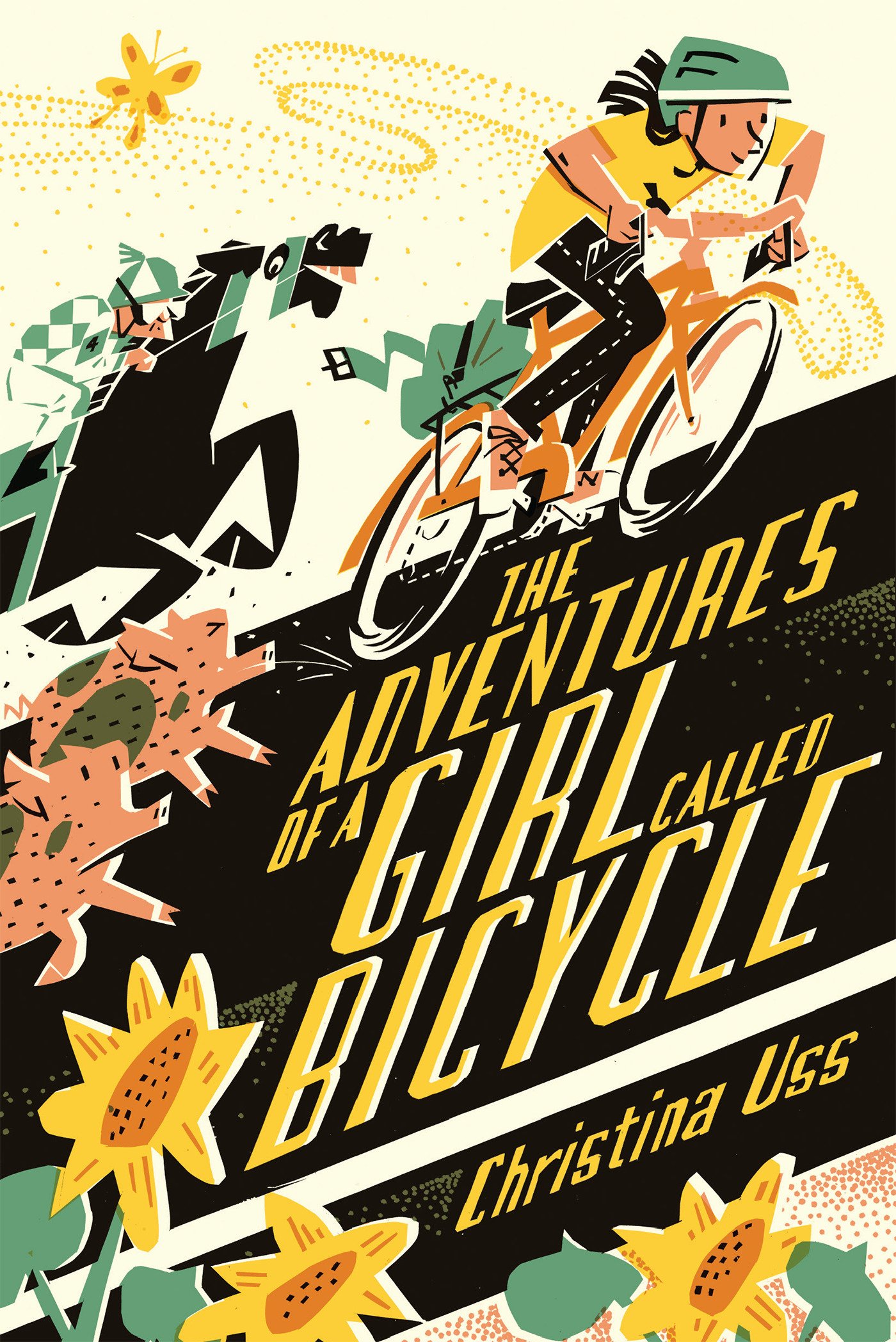






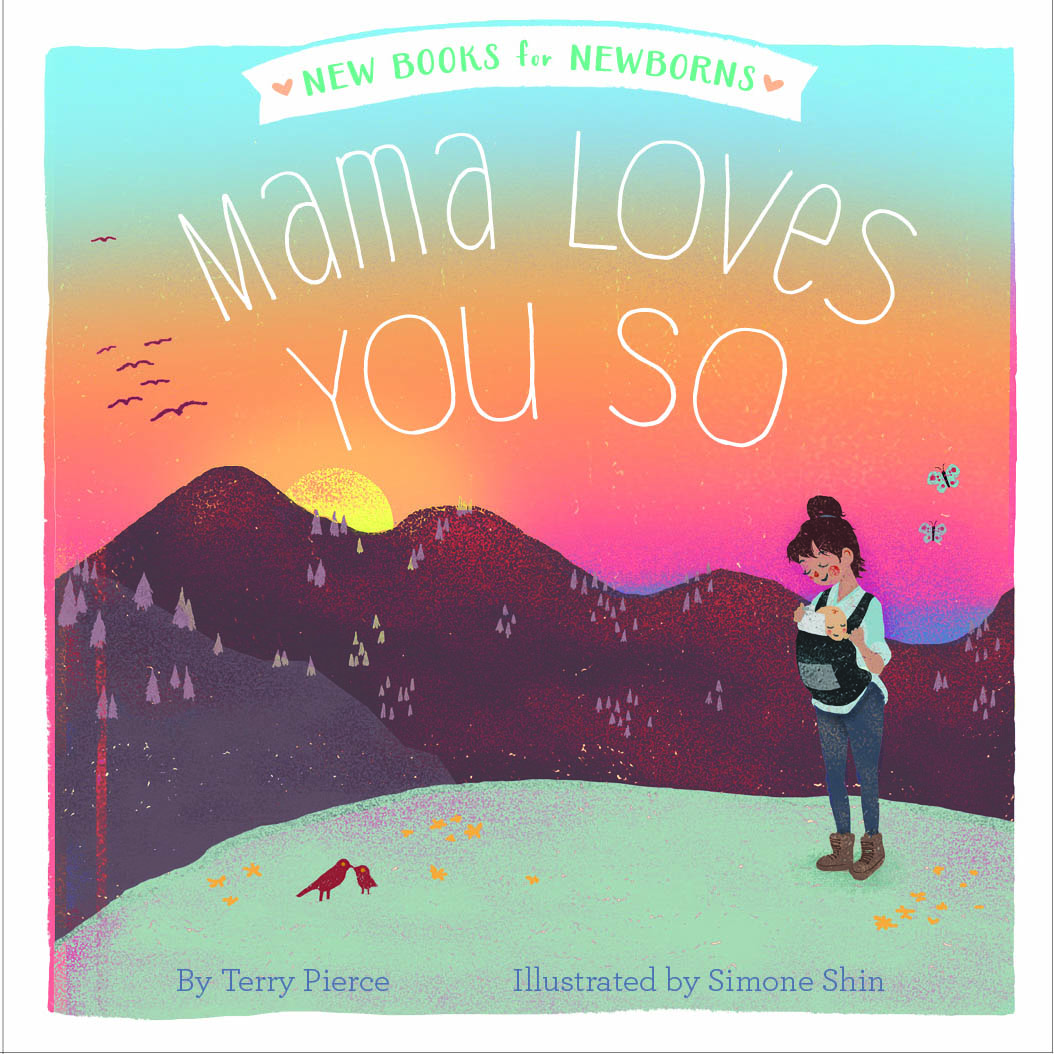
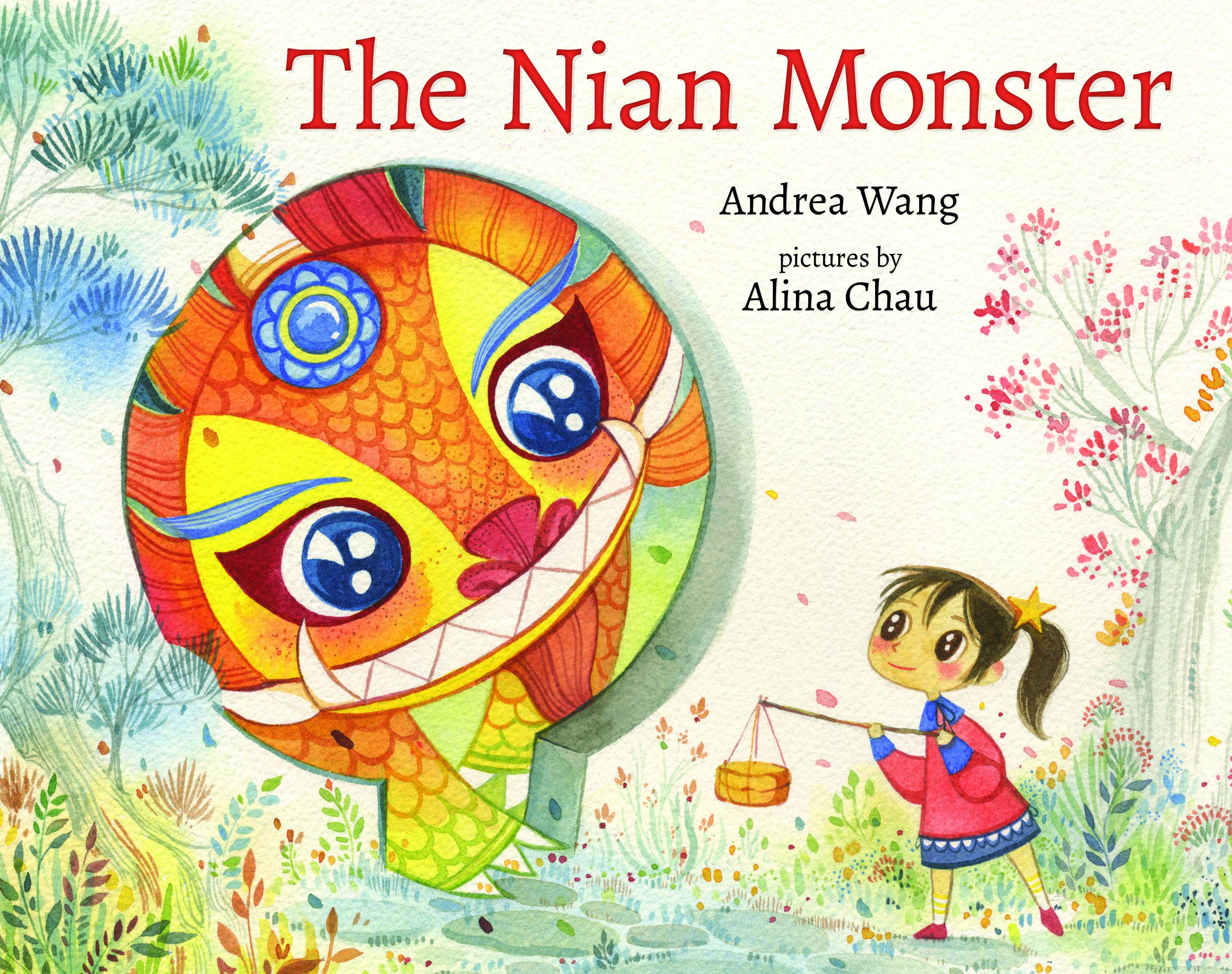
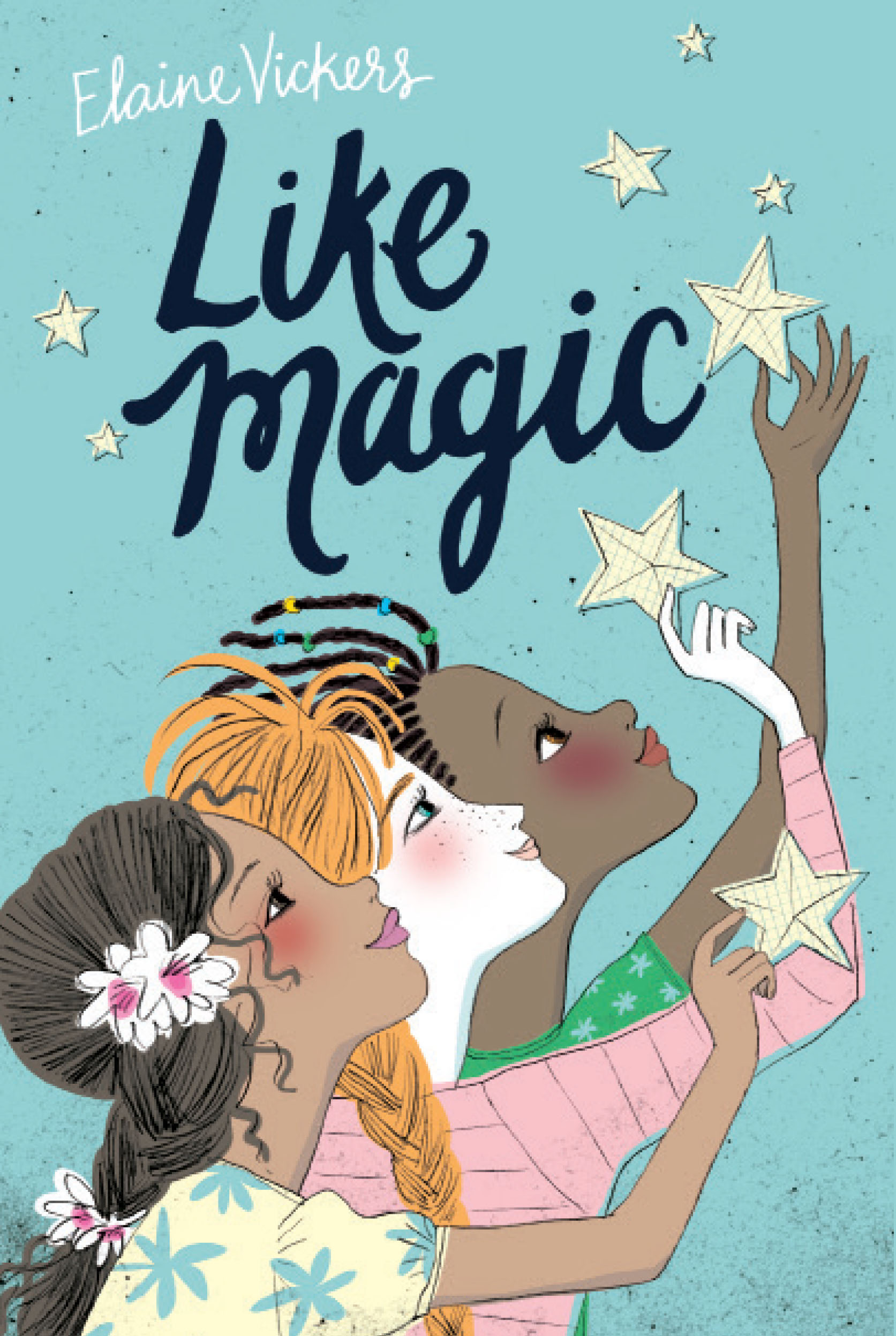
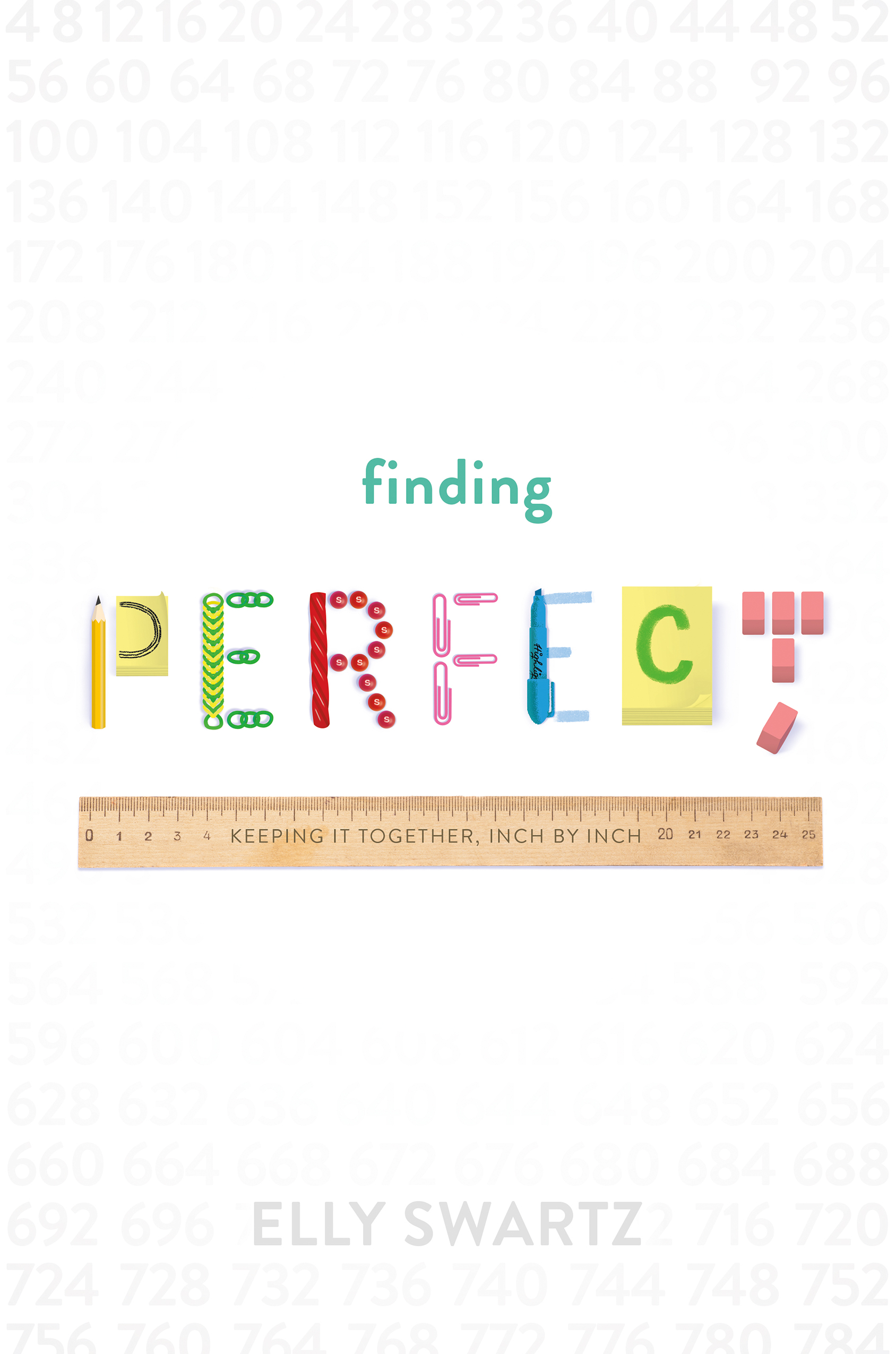
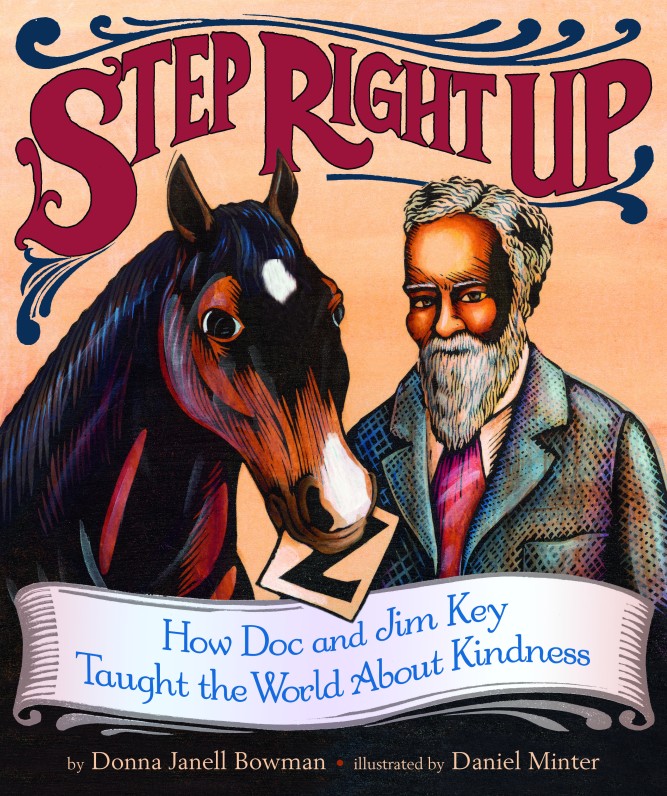
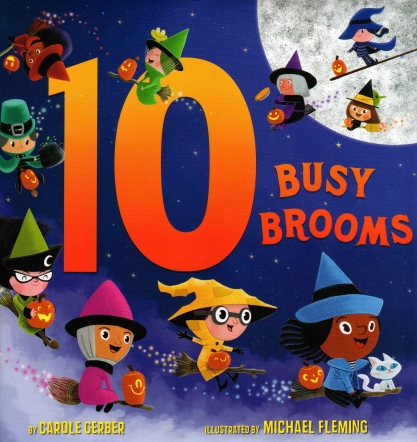
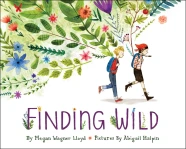
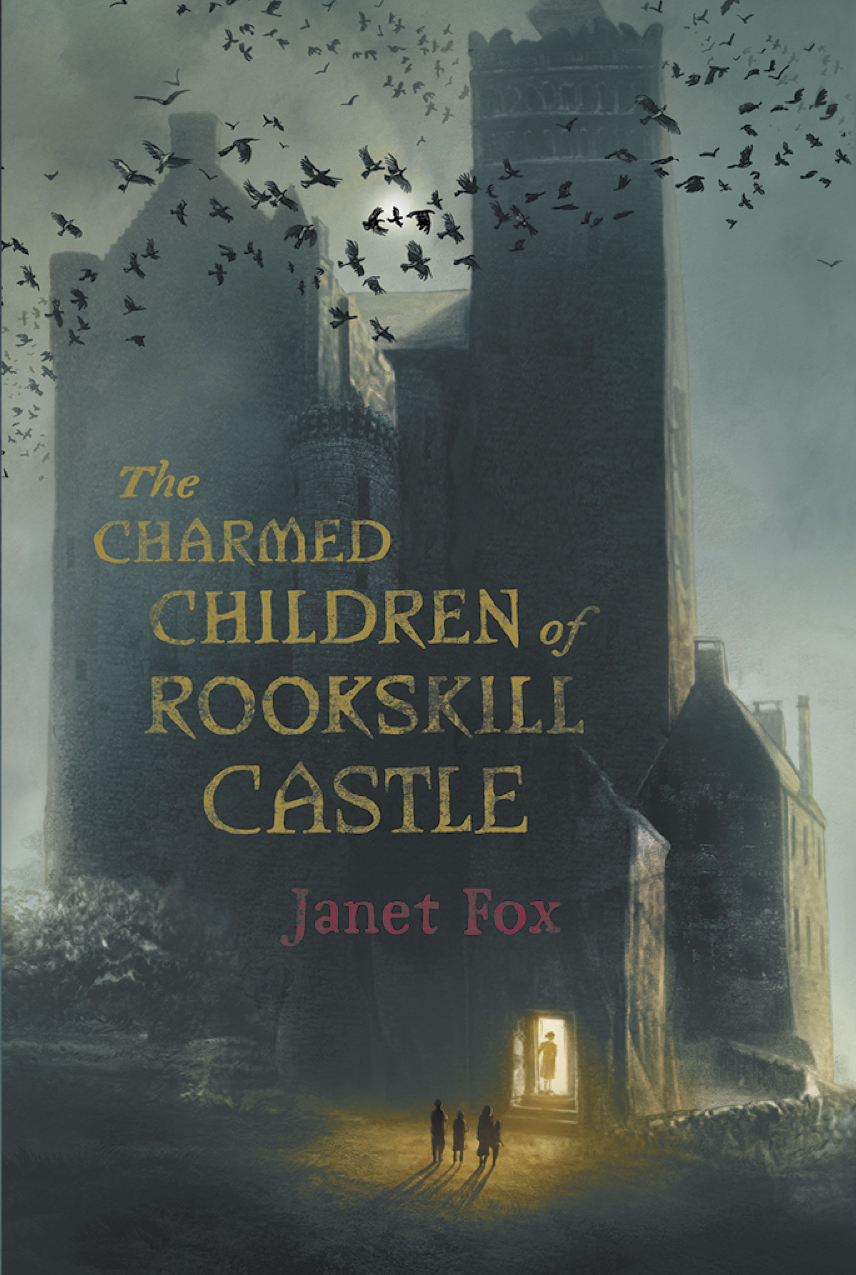
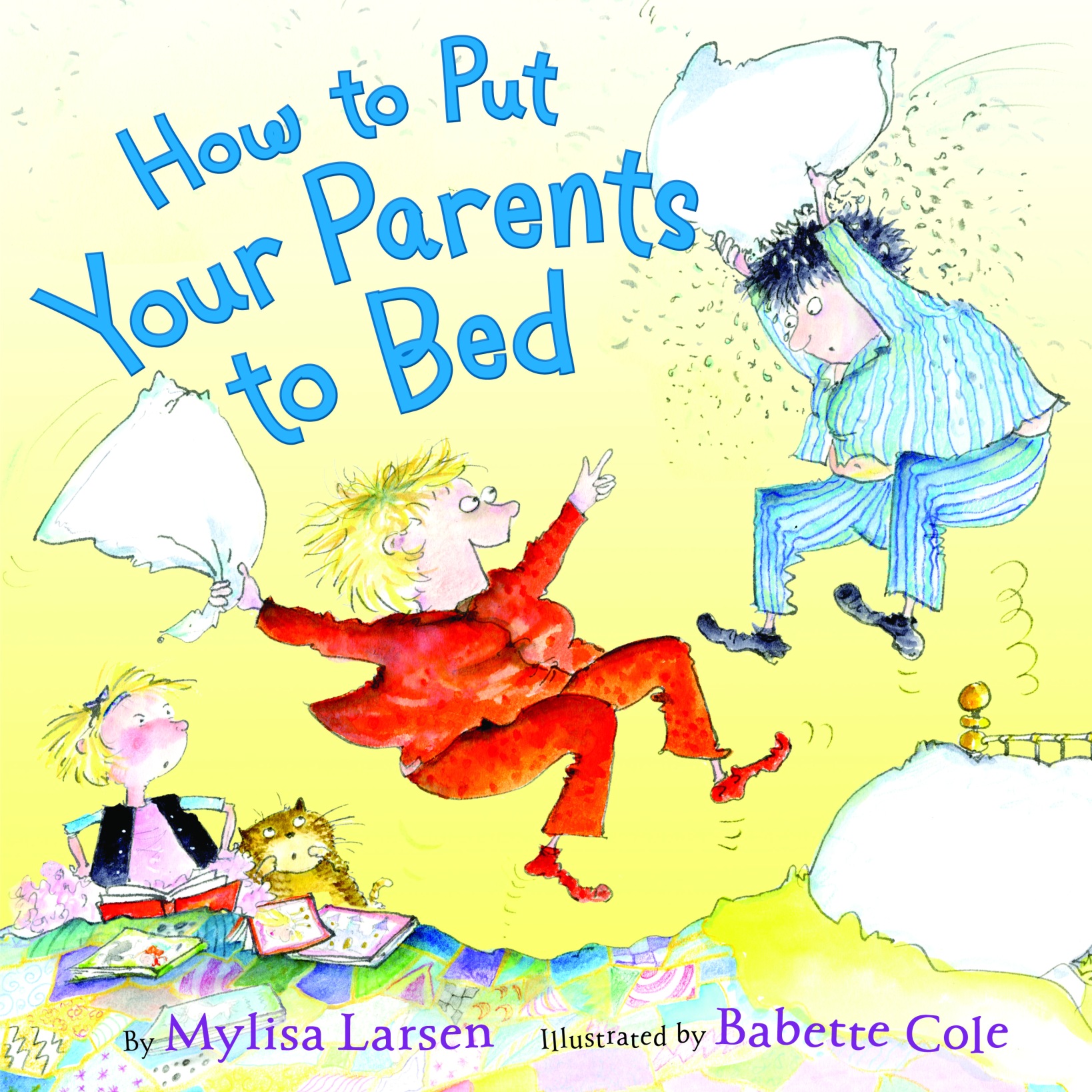



Great post, Josh. I think we all battle with show vs. tell to some degree. And you’re right, it’s so helpful to talk it out with other writers who have navigated similar potholes. Hang in there!
LikeLike
Definitely battling with it now. Lol. Like wrestling a bear.
LikeLike
Oh man. This post really speaks to me. Because I’ve been worried about word count too and probably fall into telling mode, thinking I need to conserve words. Eeep.
LikeLike
It’s a hard issue b/c we’re so conscientious of all the word count rules/regulations for the various genres. Ultimately, if the story’s good enough, word count doesn’t matter too much (well, probably don’t want 300k :))
LikeLike
I’m working on new novel and I’ve just gotten to the part where my MC reaches rock bottom. As I hit save and shut down my computer I started wondering (fretting) if this was happening at the appropriate word count. As if there were some formula for all of this. So thank you for this well timed post. 🙂 I feel better now.
LikeLike
Yeah, hitting all the plot points at the right position/percentage in the book is another one of those things that we can become too focused on (see SAVE THE CAT). In some ways, it’s good to worry; in others, it can limit us.
LikeLike
Tangentially, showing – literally showing – as an illustrator has always been easier. Telling dogs me.
Great post.
LikeLike
Thanks, Kevan!
LikeLike
Great post, Josh, and I’m sure many out there will find it helpful. As a (mostly) picture-book writer, word count is always on my mind, too. But thinking about it up front means the draft might never get written at all. I think it’s always good advice to capture the story, whatever/however it come out, first. Then you can go back and worry about everything else later.
I love that you mention the importance of being good at telling, too, though. I think that’s the key to controlling pacing and it will serve you well. We all have our strengths and weaknesses, and part of the long and winding road is figuring them out and appreciating them for what they are. If you haven’t read this post yet, I recommend it: http://therumpus.net/2013/05/david-biespiels-poetry-wire-follow-your-strengths-manage-your-strengths-and-dont-let-your-babies-grow-up-to-be-cowboys/
LikeLike
Laurie, thanks for pointing me to that article. Absolutely love it! So true. Anybody else who hasn’t read it, I encourage you to do so.
LikeLike
Wonderful post, Josh! So true that we need to be reminded of stuff like this over and over again throughout the book-writing process. Good luck with these last revisions!
LikeLike
Yes, it’s hard to keep every storytelling aspect in mind through every draft. And you got to know when to summarize (tell), and know when to show. Know when to walk away and know when to run.
LikeLike
Very true, Carol. A lesson I’ll someday hopefully master 🙂
LikeLike
Hi, Josh! Great words of wisdom in this post. I often have to remind myself to get the story out first, and then edit, or I never get past the opening lines!
LikeLike
Perhaps this is why I write so slowly, Penny. Lol. I’m always editing as I go. It can be quite paralyzing at times.
LikeLike
Your post hits home. My current ms has been through more ups and downs wordcount-wise than a yo-yo dieter. But as any dieter knows, it’s not the scale, but how your clothing fits thats the true measure. Hope you get your story perfectly tailored.
LikeLike
I used to edit as I wrote. With my current WIP, I finally did what countless other writers have advised: Spit it all out onto the page, and sort it out (edit it out) later. To my surprise, it worked!! I’m trying it for a couple shorter WIPs while awaiting revisions notes on that longer one, and it seems to be working for them as well.
Laurie, thanks for the blog post link.
LikeLike